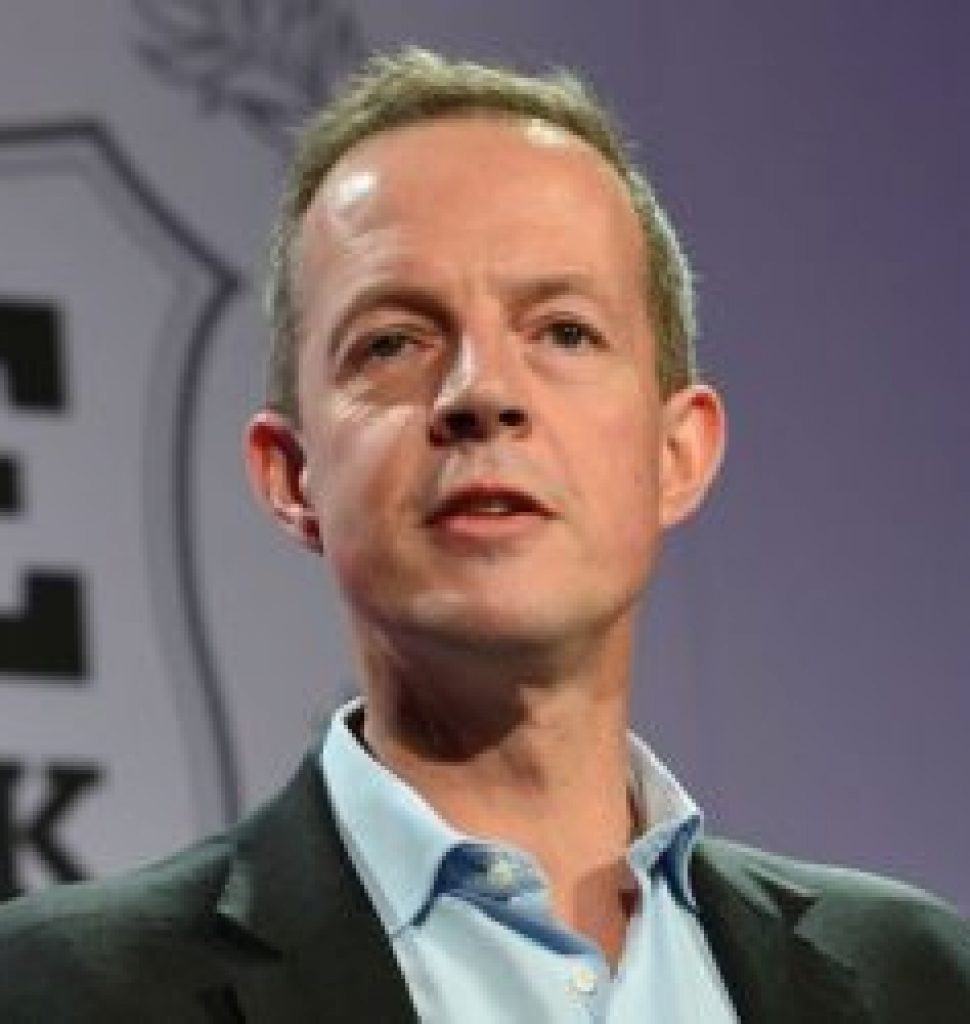Conservative Party constituencies are bearing the brunt of the decline in apprenticeship starts since the introduction of the apprenticeship levy.
FE Week analysis shows that 57 per cent of the reduction in apprenticeship starts since the levy was introduced in 2017 was in constituencies with a Conservative MP. Forty per cent of the decline was in Labour constituencies.
Headline apprenticeship starts in England took a hit when the government introduced the apprenticeship levy in April 2017. Around 500,000 apprentices enrolled each year between 2014 and 2017, but after the first full year of the levy, that number had reduced to 376,000.
The pandemic further reduced annual starts and overall numbers are still below pre-pandemic levels.
There were 155,790 fewer apprenticeship starts in 2022/23 compared to 2016/17, the year before the levy was introduced. Nearly 90,000 of those were in Conservative constituencies.
Of England’s 533 parliamentary constituencies, just 23 have seen apprenticeship starts increase since the levy was introduced. The Conservative Party’s pledge of three million apprenticeship starts by 2020 featured in its 2015 and 2017 manifestos – but was dropped in 2018.
Reforms under the tenure of the Tories include introducing a 12-month minimum duration, co-funding training costs for small businesses, introducing digital accounts for employers, and replacing apprenticeship frameworks with standards.
Ministers have defended their apprenticeship reforms since 2017 amid falling numbers. In November, skills minister Robert Halfon said the government was focused on “quality, not quantity”.
Down since levy
Annual apprenticeship starts have dropped by over 1,000 in three parliamentary constituencies, all of them held by Conservative MPs and one of them by the prime minister Rishi Sunak.

Apprenticeship starts in the prime minister’s constituency of Richmond in Yorkshire were showing signs of recovering following a drop when the levy was introduced. There were 4,060 starts in Rishi Sunak’s constituency in 2016/17, reducing to 3,610 and then 3,400 in the following two years.
In 2019/20 apprenticeship starts shot up to 4,110 but then reduced again over the pandemic years and continue to decline. There were 3,020 starts in 2022/23, 26 per cent below pre-levy levels but 421 per cent higher than the year before the 2010 general election when the Conservatives entered office.
Labour-held Liverpool Walton has seen a 60 per cent decline in annual apprenticeship starts since the introduction of the levy, the largest fall in the country. The constituency recorded 1,350 in 2016/17, the year before the levy was introduced. Numbers declined year on year after that to 540 in 2022/23.
Following Liverpool Walton is Easington (Labour) and Beverley and Holderness (Conservative), both with 57 per cent fewer apprenticeship starts compared to the pre-levy year.
Apprenticeship starts in Beverley and Holderness, held by energy minister Graham Stuart, dropped from 3,160 pre-levy to 1,360 last year.
FE Week’s analysis shows apprenticeship starts have increased in 23 of the 533 English parliamentary constituencies since the apprenticeship levy was introduced. Compared to the last full year of data, 2022/23, apprenticeship starts are the same in seven constituencies but have declined in 503.
Of the 503, 315 constituencies have a Conservative MP and 166 have a Labour MP. The remaining are held by 11 independents, such as former skills minister Matthew Hancock and former Labour leader Jeremy Corbyn, nine Liberal Democrats, one Green party and one Reclaim Party.
Levy architects also lose out
In the Grantham and Stamford constituency, once held by levy-architect Nick Boles, apprenticeship starts have declined by 39 per cent from 1,080 pre-levy to 660 last year.

Starts in education secretary Gillian Keegan’s constituency of Chichester have declined by 22 per cent since the levy was introduced, down from 640 to 500, but still 52 per cent up on 2010.
And in skills minister Robert Halfon’s Harlow constituency, apprenticeship starts have reduced by 19 per cent from 700 pre-levy to 570 last year.
Other former skills ministers have also seen apprenticeship starts decline on their patch.
Starts have declined by 35 per cent in the constituencies of Hancock (West Suffolk) and John Hayes (South Holland and The Deepings).
London constituencies have done the best since the levy was introduced, though from a low base.
When the levy appeared, the constituency of Putney was held by then education secretary, Justine Greening. Apprenticeship starts in Putney have increased by 48 per cent from 270 in 2016/17 to 400 in 2022/23, the most of any English constituency.
The top seven constituencies that have grown their annual apprenticeship starts since the levy was introduced are in Greater London; three are currently held by the Conservatives (Chelsea and Fulham, Wimbledon and Cities of London and Westminster), three by Labour (Putney, Tooting and Battersea) and one by the Liberal Democrats (Richmond Park).
Download FE Week’s constituency breakdown here
















It is worth pointing out that Richmond has traditionally had far and away the largest number of Apprentices of any constituency because it is home to Catterick Garrison, where large numbers of Army apprentices are counted, even when they’re stationed elsewhere, so it is a slightly weird outlier where one employer has a very outsized influence in the total…